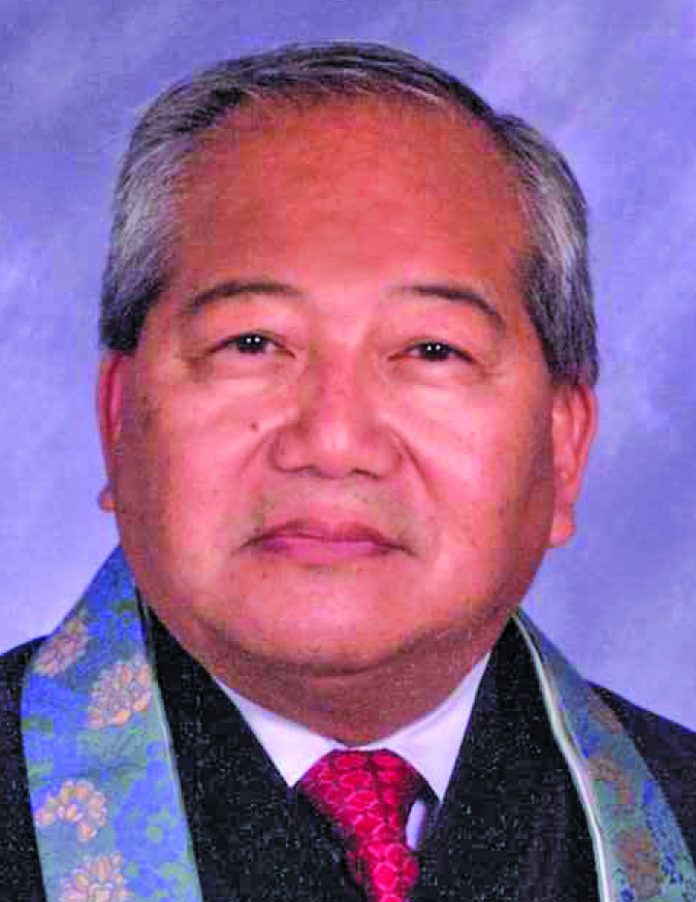One day as the Buddha was resting between his visits and talks, a young man came to him with a bouquet of flowers. The young man admired the Buddha and wanted to present him with the flowers in thanks for his teachings. Filled with sincerity, the young man was not familiar with protocols or with traditions. He didn’t know how to approach the Buddha. He carried the gift of flowers in his left hand as he approached the Buddha.
Many of the people surrounding the Buddha were appalled that he carried the gift with his left hand. It was always believed that the right hand was the hand that represented purity. The left hand was always considered the hand that represented the world of impurity. The right hand was used to eat with, and all other unclean activities were done using the left hand. For this reason, the people surrounding the Buddha were shocked that the young man carried the flowers in his left hand.
As the young man approached the Buddha, the Buddha said to him, “Drop it.” Everyone thought that the Buddha was chastising the young man. As soon as the young man heard this, he dropped the flowers. The Buddha repeated his request, “Drop it.” The young man looked at his empty hand with a quizzical look. It took several moments before the young man realized that the Buddha was not talking about the flowers but about his attachments. The Buddha wanted the young man to release himself from all the worldly attachments that cause pain and suffering.
In the time of the Buddha, it was possible to join Buddha and become a monk or a nun. Today, we live in a world where it is virtually impossible to release ourselves from our worldly goods, our relationships, our attachments. The Buddha understood this and created vows that ask us to entrust in the teachings (the Dharma) or the Truths that he taught. By entrusting ourselves in the vows we can reach enlightenment or peace of mind.
Today, when we hear the words, “Drop it,” it refers to our attachment to our preconceived notions of self and who we are. The Buddha is asking us to realize that we are made up of a series of causes and conditions and by understanding this we develop a deep sense of gratitude for our lives. Gratitude is what saves us and it is gratitude that changes our perspective on the world.
In Deepest Gratitude.
Rev. Hosei Shinseki leads the Watsonville Buddhist Temple. His opinions are his own and do not necessarily represent those of the Pajaronian.











Thank you very much, Reverend, for reminding us to drop our preconceived notions and cultivate gratitude in these challenging times.
When I look around, I have powerful gratitude for my life, the people in it and where I live. I was not always aware and grateful.